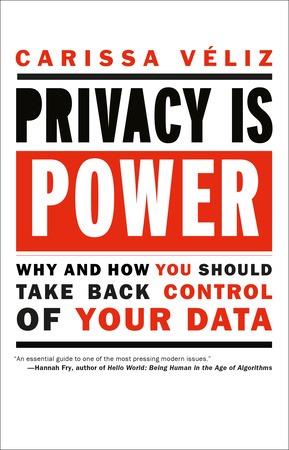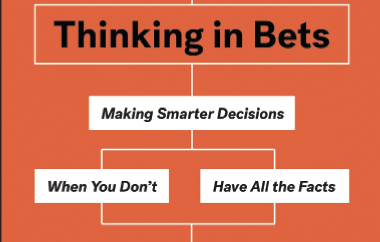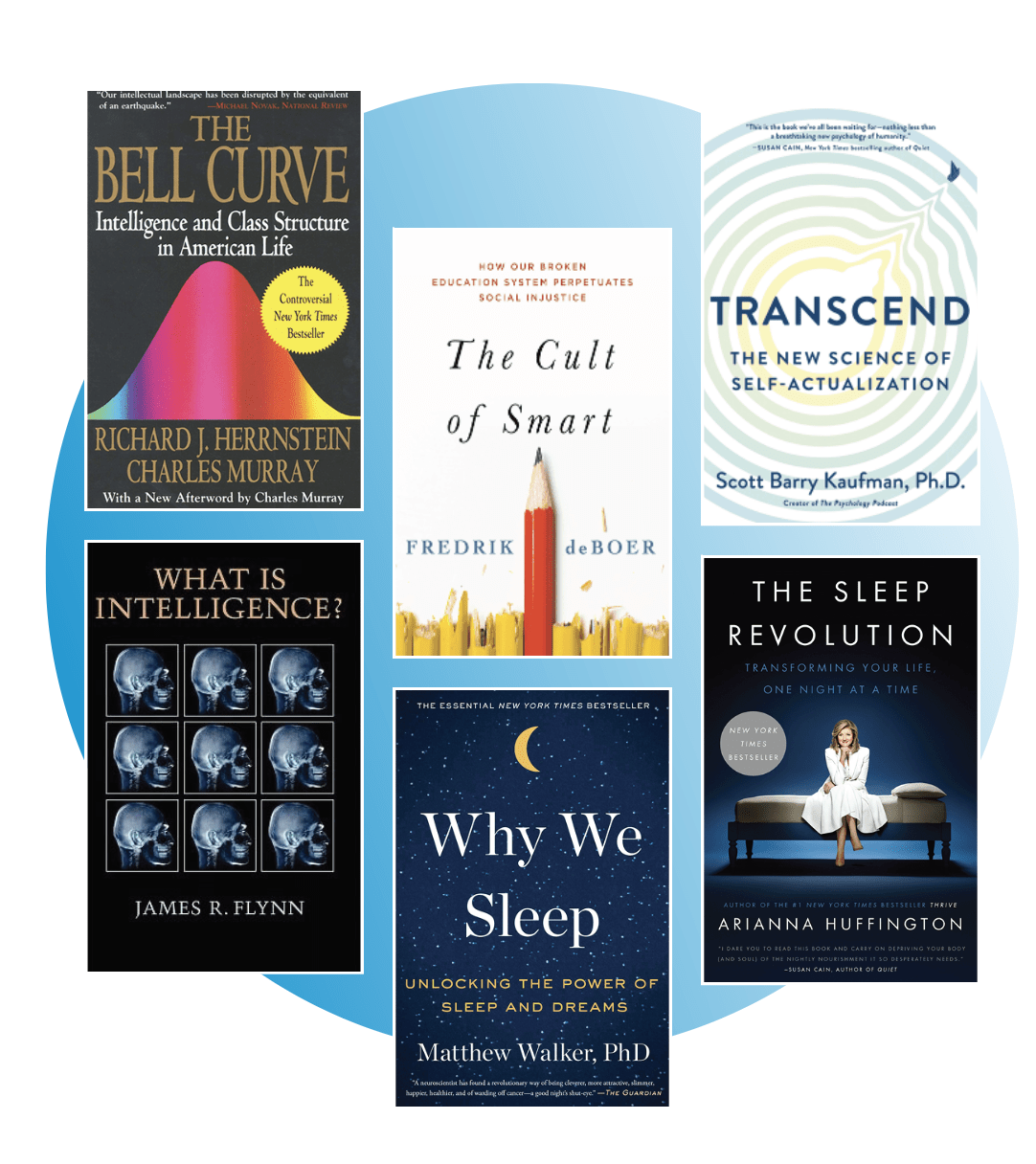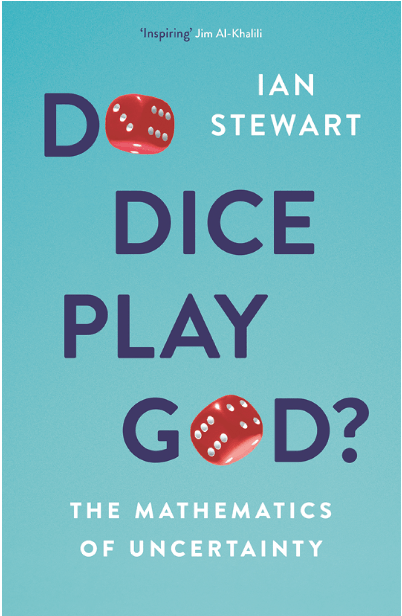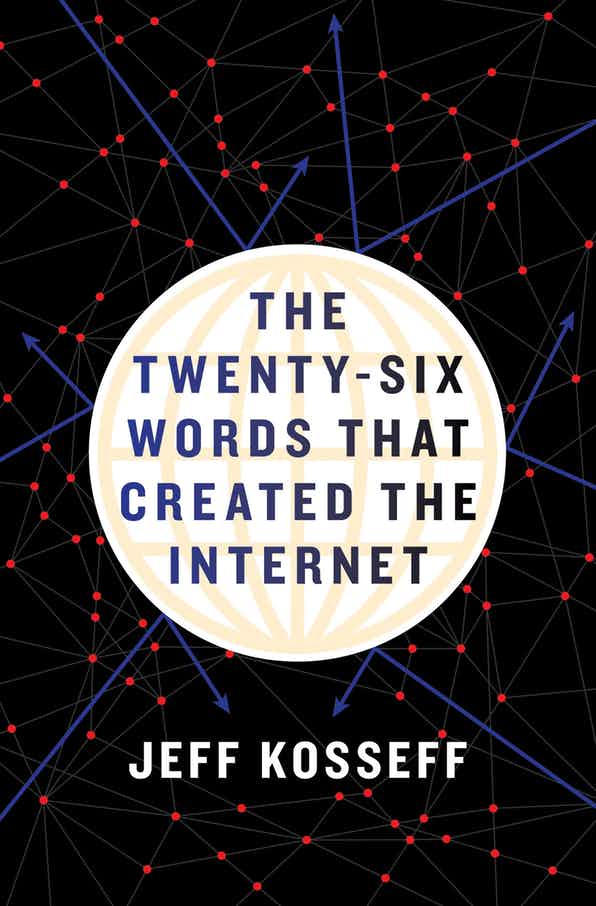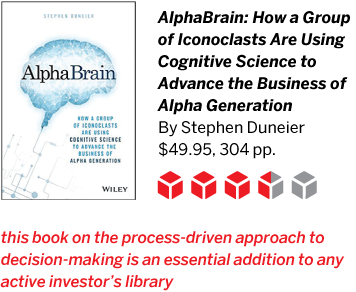The Luckbox Bookshelf
New and not-so-new books that captured our attention this month
The Age of Surveillance Capitalism: The Fight for a Human Future at the New Frontier of Power
By Shoshana Zuboff
Shoshana Zuboff came up with the phrase “surveillance capitalism” to describe how companies accumulate wealth and amass power in the new “behavioral futures markets.”
As Zuboff notes in her book The Age of Surveillance Capitalism: The Fight for a Human Future at the New Frontier of Power, companies use these markets to buy and sell predictions about people’s behavior. They also use these markets to introduce behavioral modification that can drive the production and consumption of goods and services.
Zuboff, formerly a professor at Harvard Business School, outlines the recent history of U.S. tech companies that gave rise to surveillance capitalism and argues that the accompanying behavioral modification threatens the state of human nature in the 21st century, much the way industrial capitalism changed the world in the 19th and 20th centuries.
Both revolutions brought new forms of oppression, she writes. Early industries were often founded on inhumane working conditions, and today’s corporate data-gathering techniques can threaten the foundation of democratic societies by contributing to political polarization.
She equates the instrumentarian power of surveillance capitalism with totalitarianism and warns that the former will dominate the social order and shape the digital future. In short, her message reads: “They are watching you … with your full consent.”
Privacy is Power: Why and How You Should Take Back Control of Your Data
By Carissa Véliz
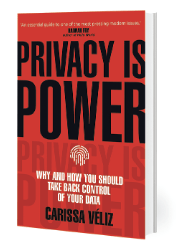
Your cell phone is safely ensconced in your back pocket while you’re talking to a friend about finding a new face wash to change up your skincare routine. Later in the evening, you’re scrolling through Instagram
and an ad for a face wash product pops up.
Every click, swipe or scroll you make on your phone, laptop or tablet compromises your personal data. But it gets worse. As Oxford professor Carissa Véliz notes in her book Privacy is Power: Why and How You Should Take Back Control of Your Data, technology is spying on us even when we’re not using it.
In fact, privacy is nearly extinct thanks to big technology and government, Véliz writes. She also discusses why that matters and offers advice on what to do about it.
To take back control, pressure policymakers to regulate data privacy and adopt privacy-friendly alternatives to Google, Facebook and other online platforms, she urges. A laid-back attitude toward data collection won’t protect privacy. (For more thoughts from Véliz, read the Luckbox Privacy Roundtable, and an excerpt from her book here.)
The Filter Bubble: How the New Personalized Web Is Changing What We Read and How We Think
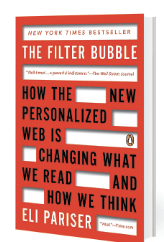
By Eli Pariser
Online platforms, including Google, began personalizing search results in the early 2000s. They customize results to match the sites that their data shows people are likely to visit.
In The Filter Bubble: How the New Personalized Web Is Changing What We Read and How We Think, Eli Pariser outlines the ways personalization in the quest for information and the consumption of news can control how people view the world. He argues that personalized search results lead to an information bubble, where platforms feed users only the news and information that confirms their own beliefs.
Because the filters are invisible, users have no idea what information the search engine is hiding. Pariser explains how filter bubbles polarize society and endanger democracy, while also providing advice on how to stop the practice.
Readers may be familiar with Pariser’s work as board president of moveon.org, a progressive advocacy group and political action committee.
Price Is Primary: An Investment Philosophy: How To Profit With Any Asset In Any Market At Any Time
By Jonathan Hoenig with Stuart K. Hayashi
Price is everything. Or as Jonathan Hoenig would say, “Price is the market. Price is reality. Price is primary.”
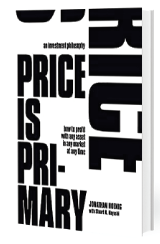
In his book Price Is Primary: An Investment Philosophy: How To Profit With Any Asset in Any Market at Any Time, Hoenig, manager of Capitalistpig Hedge Fund LLC and a Fox News contributor, maintains that people can trust and rely on consistent principles, especially in investing.
Hoenig, who was influenced by the work of writer and philosopher Ayn Rand, presents an investment philosophy that he says has helped Capitalistpig beat the market for the past 20 years. It hinges on the importance of price and trend. And it embraces the notion that what’s important isn’t what people invest in—it’s about how they invest in it.
The Authority of the Court and the Peril of Politics
By Stephen Breyer

Too many Americans have come to view U.S. Supreme Court justices as “unelected political officials, or junior varsity politicians … rather than jurists,” according to Stephen Breyer, veteran of 27 years on the bench of the highest court in the land.
In his book, The Authority of the Court and the Peril of Politics, Breyer contends that such an interpretation does not hold up upon close scrutiny. Instead, the justices apply a set of interpretive tools to decide cases.
Indeed, the erroneous belief that the court operates as a political vehicle could lead to damaging reforms, he writes, suggesting that the solution lies in promoting a better understanding of how the judiciary works. Without
the public’s trust, the court cannot act as a check and balance to other branches of government, seriously imperiling the constitutional system, he warns.

